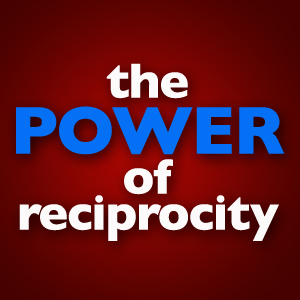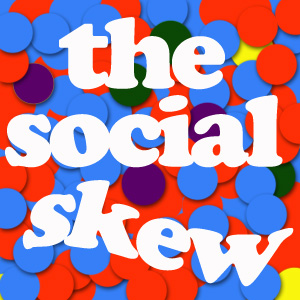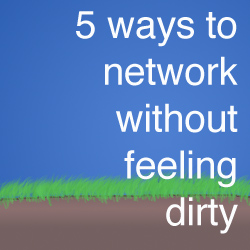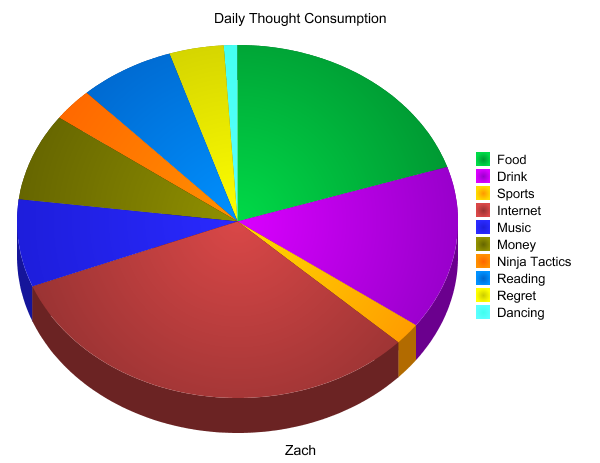
We are nation of ADD/ADHD beings. We like microblogging sites such as Twitter because anything longer than 140 characters is a homework assignment. In fact, there’s a pretty good chance you’ve already given up reading this post, probably somewhere in the ADHD to the microblogging range. With so much information at our disposal, it’s no wonder we’ve developed mechanisms to try and filter out the fluff. Nowhere is this more apparent than the abundance of lists available online. Every site that you see has a “7 Fastest Ways to Lose Weight“, “The Top 4 Worst Best Man Speeches“, “The 15 Creepiest Vintage Ads of All Time” or the “Top 100 Chuck Norris Facts” (this actually exists).
As a service to you, I now present, the 4 Reasons Why We Like Lists:
1) Improved Organization
If I were to write a non-list post about why people enjoy lists, chances are after reading, you’d be able to recite a couple of the reasons, and maybe one of the ridiculous links. Most likely, you’d skim through the text, try to grab what was valuable and then breeze through the parts where I reference my own personal life, like that one time where I…..
By incorporating a list two things are accomplished (a list within a list): 1) You give the reader a simple outline of the message you’re attempting to convey 2) You let the reader know how many important items your message consists of. In other words you let the reader know which pieces are most valuable, and how many to remember. A list helps to organize larger context into a structure that’s similar to how our brains will store the information.
2) We’re Stupid
Attempting to explain why we like lists so much is like trying to describe why anyone ever enjoyed LOLcatz, The Pet Rock, Carlos Mencia, Reality TV, Vin Diesel, Second Life, or Bon Jovi. People are dumb. Assuming that complex answers can be broken down into a simple numerical construct is a cheap attempt to get your attention and more often, your cash. If I’ve got a proven money making method, which book are you going to buy: “How to Become Wealthy with Rigorous Research, Long Hours, High Financial Risk, and Patience,” or “6 Simple Steps to Earning 7 Figures”? These two books could consist of the same exact text differing only in their titles, and book # 1 wouldn’t sell 10 copies while book # 2 could land on the NY Times top 10. People want to hold onto the hope whereby great achievements can be broken down into few easy-to-follow steps, so other people, smarter people, take advantage of this. Everyone is aware of the 2 step program to lose weight: 1) eat better, 2) exercise more. Unfortunately, this requires self control and patience. I think I’ll go with the 10-day grapefruit and mustard diet instead.
Read more →







